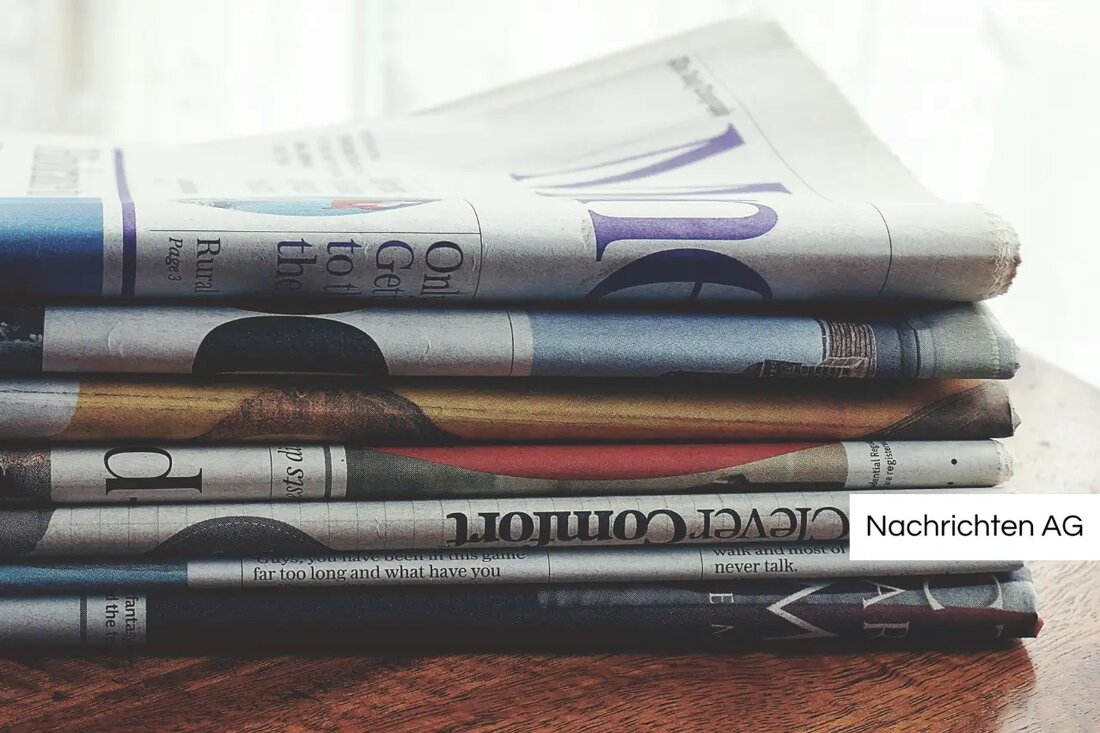To ensure a sustainable application, 95% of the competition sites can be available, which is a significant advantage. Ten stadiums with more than 45,000 spectators and numerous sports facilities are already available, which minimizes the use of resources. Planned sports include a variety of disciplines, including basketball and handball in Düsseldorf, hockey in Mönchengladbach as well as weightlifting and karate in Essen.
challenges and environmental considerations
In a global context, skepticism about the sustainable effects of Olympic Games has grown. An example can be observed in the Munich Olympic Park, which has been the symbol of the city since 1972. Experts like Martin Müller, professor of geography, discuss the ecological, social and economic aspects of the games. These considerations are becoming increasingly important because expensive new stadiums are often questioned. The critics, including green politicians, emphasize that social dimensions are often ignored in planning.
The experiences from previous Olympic Games, such as in Sochi or Rio de Janeiro, illustrate the potentially harmful social and ecological consequences. Martin Müller suggests that the Olympic Games circulate in three cities worldwide in the future in order to better use existing infrastructures and increase sustainability.
In order to react adequately to the challenges mentioned, it is crucial that the Rhein-Ruhr region draws the teachings from the past and chooses a responsible and transparent approach. The decision of the DOSB in spring 2024 is therefore eagerly awaited.

